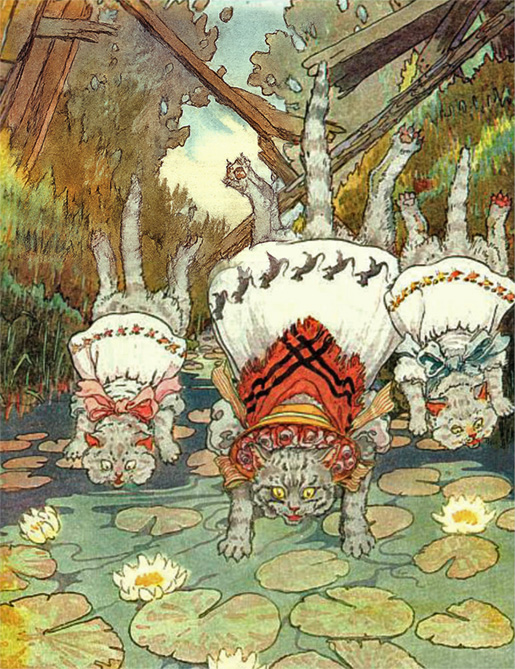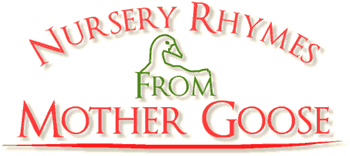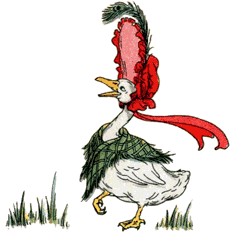The Two Gray Kits
The two gray kits,
And the gray kits’ mother,
All went over
The bridge together.
The bridge broke down,
They all fell in;
“May the rats go with you,”
Says Tom Bolin.

The Two Gray Kits is one of those old rhymes that paints a quick, almost cartoonish disaster. A mother cat and her kittens go happily across a bridge, only for everything to collapse—ending with an odd farewell from a figure named Tom Bolin. Short, sing-song, and a touch absurd, it stuck around because children delighted in the rhythm and the mischief.
Origins
The rhyme was first recorded in the 18th century in English nursery collections. Like many short verses, it probably came from oral tradition and may have been sung or chanted. Some scholars think it could have been a playful parody of everyday village life, where falling bridges and quarrels with neighbors weren’t uncommon. The mysterious “Tom Bolin” has never been clearly identified, though some speculate it was just a stock name for a jester-like figure.
Meaning
On the surface, it’s a comic little disaster: kittens and their mother tumble into the water when a bridge collapses. The final line adds a sting of humor — wishing the cats plenty of rats to chase. To children, the image is slapstick: animals falling, then being “blessed” with their natural prey. For adults, it might have been a sly dig at cats themselves, known for their endless appetite for rodents.
Cultural Background
Illustrators in the Victorian period often pictured the cats as plump and startled, perched on a bridge above a stream. The rhyme sometimes appeared with fingerplay, mimicking the bridge breaking and the fall. “Tom Bolin” was drawn in different ways: sometimes as a mischievous boy, sometimes as a rustic farmer with a wry smile.
You don’t hear The Two Gray Kits as often as Jack and Jill or Humpty Dumpty, but it hasn’t disappeared. It still pops up in Mother Goose books, mostly because the picture it paints is so sharp and silly — a family of cats marching proudly across a bridge, only to splash into the water. And then comes that sly farewell: “May the rats go with you.” It isn’t a blessing at all, but a curse dressed up as a joke — sending the cats off with the very pests they’re supposed to chase. That bite of sarcasm is what makes the rhyme stick, even centuries later.

